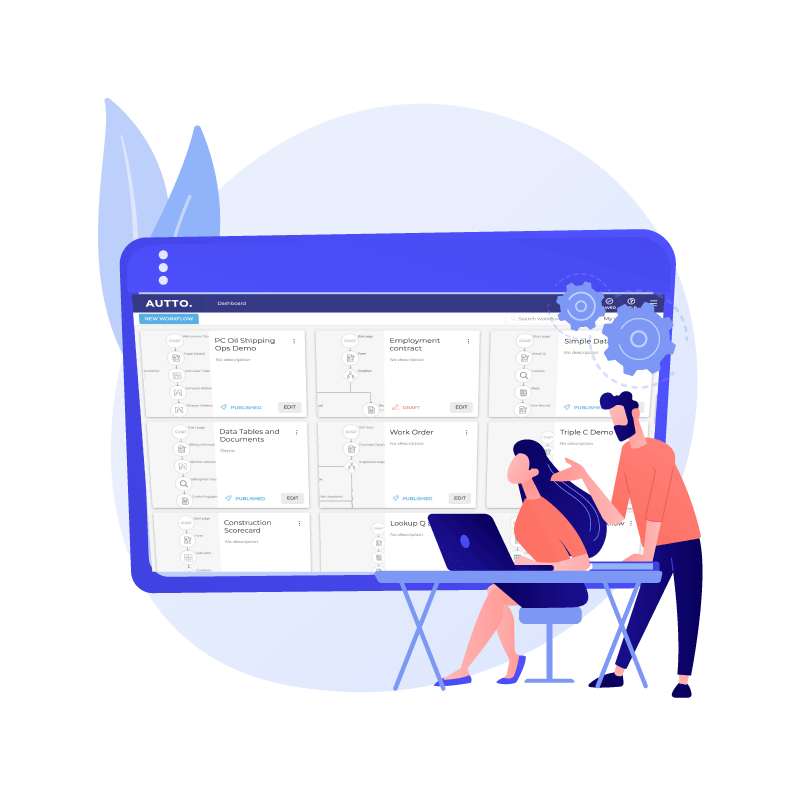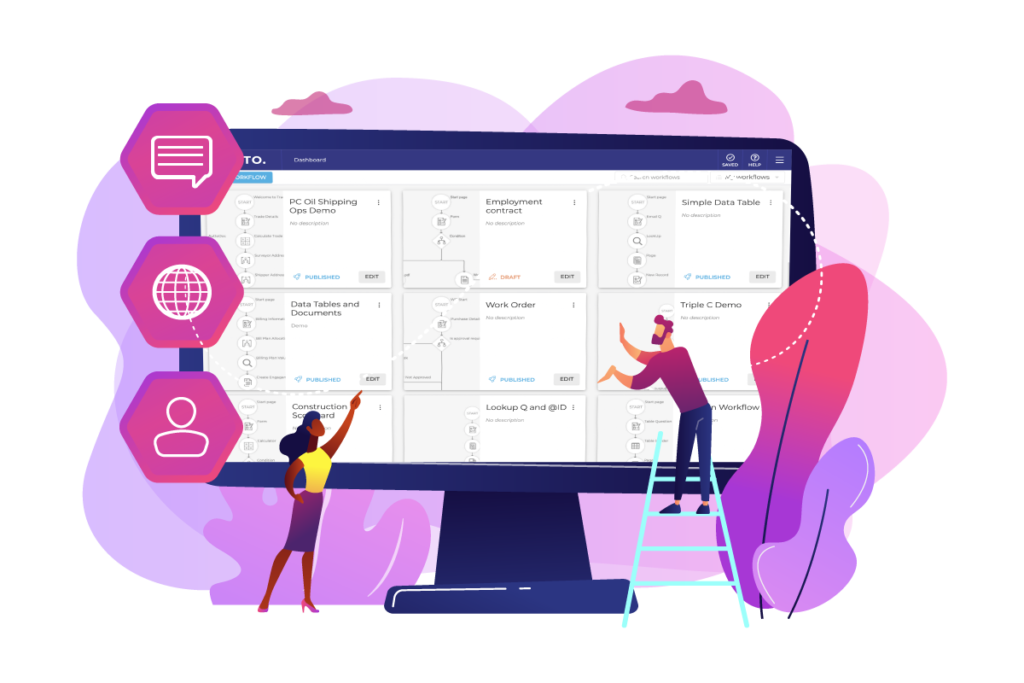HR teams undoubtedly devote a lot of energy and resources to the onboarding of new employees – rightly so. Last month we looked at how investing in automation could transform this process, but what happens when the work lifecycle of a staff member ends and the time comes for them to leave? Offboarding an employee is so much more than a simple signed letter of resignation, a collection for a goodbye gift and drinks after work on their last day. We look at why correct offboarding should not be overlooked, how to automate the process and why automation will make it fool-proof.
Why implement an official offboarding process?
According to Aberdeen Research¹, most organisations do not have a formal offboarding process. Astonishing really given the obvious threats this poses to company security, legal compliance, data breaches and the financial implications. It also overlooks the opportunities to gather feedback from departing staff to improve employee satisfaction. Offboarding is a key part of an employee’s experience in an organisation so completing this journey with a formal, specific process ensures a safe and professional goodbye. Reputation is everything and maintaining a good one to the very end should be a priority.
Why automate the offboarding process?
There is a lot to consider when offboarding, so planning and thinking ahead to create digital workflows to address all key areas prevents improvisation, repetition, time wasting and ensures nothing falls through the cracks. Investing in the correct technology with the right tools for your organisation to achieve this is key.
At AUTTO we help companies to simplify their offboarding process easily, quickly and cost effectively. Our no-code solution is simple (no special programming skills are required) so anyone can create workflows and use them. Key aspects we would urge organisations who are serious about their offboarding to automate include:
- All formal documentation by departing employee – create workflows to, for example, digitally sign a letter of resignation, non-compete contracts (which can be automatically routed to the legal team) sign off benefits, tax forms and terminate payroll on the correct day (again alerts to the finance department can be automatically created here). There may be other important documents specific to an organisation – all can be automated.
- Exit interview surveys – gathering information and views from a departing employee has the greatest potential for discovery of areas for improvement, to help prevent further loss of talent, but also to create a positive lasting impression on the leaver that their views were valued. Whilst the human touch is important here, automating questionnaires to help gather this information helps save time. Key questions such as why the leaver started looking for a new job, what they appreciated most about their role and suggestions for improving the working environment could be rated to provide key metrics but then explored in greater depth face-to-face.
- Create a “tick-box” automation for all departments to ensure 100% accuracy in offboarding – automate communications from a central point to ensure, for example, IT has revoked access to all systems and hardware, company information and org charts are updated, office management has collected all keys, access cards, uniform etc. This is a very laborious, tedious, time consuming yet vital job. Missing key parts of this process leaves companies open to both physical and digital security breaches which more importantly could have an impact on legal compliance. Relying purely on humans to carry out these offboarding tasks is risky – automate to ensure accuracy and save time and repetition.
- Effective transfer of knowledge – essentially a “how to” document. A successor may or may not have been appointed but using automation to create a document on “how to do” a leaver’s job is invaluable. A summary of daily tasks, regular meetings, file locations, key contacts etc. Workflows can be tailored to gather this information producing an important manual for existing or new employees.
- Create a portal for Alumni – just saying goodbye and sending leavers on their way is a lost opportunity to continue to build relationships. We acknowledge that this may not be the case for some former employees, but the majority of people depart on reasonable or good terms and this should be nurtured. Creating an alumni programme with a digital hub helps to maintain a good relationship with leavers, recruit new talent through recommendation and possibly even see a re-employment of highly skilled former employees.
Interested in seeing what AUTTO can do for your business? Why not try a FREE TRIAL!
Reference List:
¹Aberdeen.com – 29% of organisations currently have a formal offboarding process



